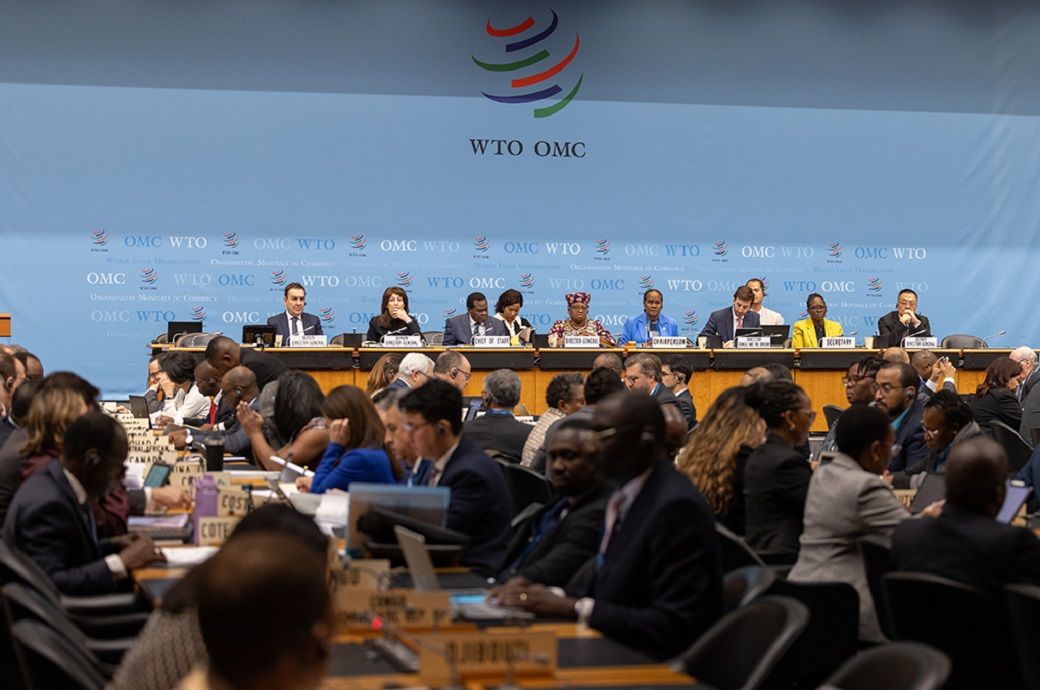
LDC graduation refers to the point when an LDC meets certain United Nations (UN) development criteria and is no longer defined as an LDC.
“This decision is a significant step towards addressing the particular challenges graduating LDCs face, and will help people from these countries tap into the opportunities that international trade brings. It also is another welcome sign that the wider WTO membership is responding to LDC priorities,” WTO director general Ngozi Okonjo-Iweala said welcoming the decision.
It marks an important contribution to the implementation of the Doha Programme of Action for LDCs for the period 2022-2031, WTO said in a release.
Over the past three years, WTO's LDC group has been pursuing a smooth transition mechanism to extend LDC-specific preferences and provisions in WTO agreements after graduation.
Discussions are under way in the WTO sub-committee on LDCs on other elements of the LDCs' requests relating to special and differential treatment.
There are 46 LDCs, of which 16 are at different stages of the graduation process. Of these, Angola, Bangladesh, Cambodia, Djibouti, Laos, Myanmar, Nepal, Senegal, Solomon Islands and Zambia are WTO members, and Bhutan, Comoros, Sao Tomé and Principe, and Timor-Leste are negotiating their terms of entry into the WTO.
The other two LDCs on the path to graduation are Kiribati and Tuvalu.
The Doha Programme of Action for LDCs calls for 15 more LDCs to meet the graduation criteria by the end of the decade.
Fibre2Fashion News Desk (DS)